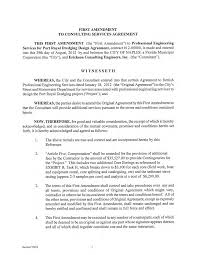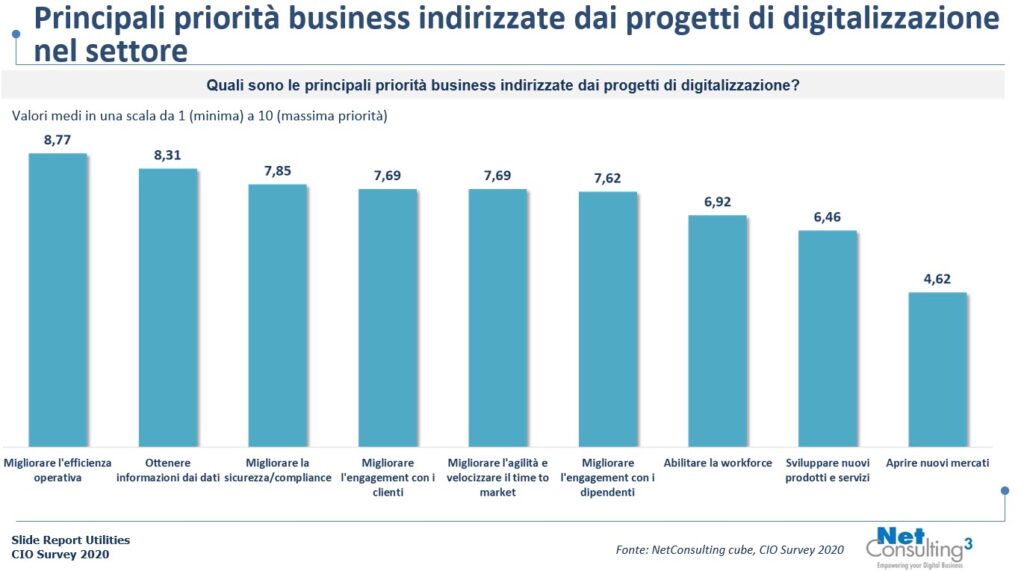
Are you considering a career as an environmental consultant? This article will help you understand what the job entails, including salary, education requirements, and certifications. Learn about the different job titles and how you can get started. This career has great potential for a wide variety of individuals, including students, recent graduates, and professionals who are just starting out. Listed below are the most important facts to keep in mind as you search for jobs in this field.
Education
The average salary for an Environmental consultant in New York City is approximately $68k. The exact salary for an Environmental consultant in New York City can vary depending upon where you are located, the industry, and the local conditions. Check out the Professional Salary Report for more information. These are the key factors to remember when negotiating your salary. You can make more money if you get more experience. You should also consider the education and certification you have received. These factors can have an impact on how much you get paid.
Be educated: There are many industries that require different levels of experience and education to become a successful Environmental Consultant. In New York City, the average educational requirement is a Bachelor's Degree. There may be a variety of job opportunities in the field depending on your location. It is possible to find full-time, contract, and part-time positions. According to education and experience, New York City's environmental consultants can make up to $79k annually.

Certifications
Government agencies regulate the practices of environmental consultants. These agencies license and accredit consultants in their respective fields. These consultants have passed state licensing exams and are now licensed to practice. Below is a list listing all the New York state licenses and certifications for environmental consultants. Each license or certification indicates the experience and knowledge an environmental consultant has. New York's environmental consultants must be certified in order to join the government-regulated sector of environmental consulting.
The National Registry of Environmental Professionals is accredited to environmental professionals. This organization awards recognition to professionals who have been certified by the United States Environmental Protection Agency or Department of Energy. This registry has more than 15,000 members and is widely known for its high standards. The certification demonstrates a commitment to environmental sciences and a continuous accumulation of knowledge. New York-based environmental consultants can apply to the National Registry. It has many benefits.
Pay
You'll find the New York salary is significantly higher than it would be in other cities if you are interested in an environmental consultant career. However, if you have more experience, you can choose to work as a contract environmental consultant or go for a self-employed career. But this is rare and requires a lot more experience and training. Apply for an internship if the job interests you but you don't wish to do it full-time.
The nature of the work done by an environmental consultant will determine how much they are paid. Some jobs are based on experience, while others require a postgraduate degree. Many applicants will have relevant work experience and a postgraduate certificate. Travel may require you to have a driver's license. You can find more information in the Professional Salary Report. Start looking for an internship that suits your skills and interests after you have finished your education.

Job titles
Below are various job titles available for environmental consultants in NYC. The job duties and job descriptions may be the same, but you might want to change your title. Although they may have different salaries, these titles are often just as important and as important. You can find out the meanings of each title by reading on. This article should have helped you to find a new job title. Enjoy your job search! Explore the following to discover the many benefits that come with being an environmental consultant.
Salary varies significantly depending on the experience and education of the candidate. A higher salary may be available to those who have more experience. Educational background and certifications also impact the pay. To learn more about these factors, read our Professional Salary Report. The Salary Survey is also available for environmental consultants. It's a valuable tool for anyone considering a career in this field.
FAQ
Do I need legal counsel?
Yes! Yes. Many consultants will create contracts for clients without seeking legal advice. This can lead into problems down-the-road. If the client terminates an agreement with the consultant before the completion date, what are the consequences? What happens if your consultant doesn't follow the contract deadlines?
Avoid potential legal problems by consulting a lawyer.
What type of jobs can a consultant do?
You will need to be able to understand business strategy and operations if you want to work as a consultant. You must also understand how businesses operate and how they fit into society.
Being a consultant requires great communication skills and the ability think critically.
Consultants need to be flexible as they might be assigned different tasks at different times. Consultants should be able to quickly change their direction if necessary.
They must be willing to travel for their clients. They may be required to travel all over the globe for this type of work.
They must also be able handle stress and pressure well. Sometimes, consultants may be required to meet strict deadlines.
Consultants may work long hours. You might not always be paid overtime.
How do I start an LLC consultancy business?
It is important to first decide what you want as a service provider. Next, you must ensure that you are qualified to provide those services. It may also be beneficial to look for someone who is already qualified to do what you desire and to see how they work.
Once you know what you want to provide, then you should try to figure out where your target market is. If there aren't enough of them, you may need to create them.
You must then decide whether you want your business to be run by you or hired others.
Another option is to get a state license. This requires a lot of paperwork and legal fees.
How does consulting differ from freelancing?
Freelancers can be self-employed people who provide their services to clients, without the involvement of employees. Hourly rates are usually charged based on the time they spend working on a client’s project. Consultants usually work for agencies or companies that employ them. Their salaries are often paid monthly, or annually.
Because they have control over their work hours and can set their prices, freelancers are more flexible than consultants. However, consultants often have better benefits, such as health insurance, vacation days, sick leave, retirement plans, etc.
Who hires consultants
Many organizations hire consultants to assist with projects. These include small businesses, large companies, government agencies and non-profits.
While some consultants work for these companies, others are freelancers. In both cases, the process for hiring depends on how complex and large the project is.
Many rounds of interviews are required when hiring consultants. Then, the final decision will be made about who you believe is best for the job.
What is the difference between a consultant and an advisor?
An advisor gives information on a topic. A consultant offers solutions to problems.
To help clients achieve their goals, a consultant works directly with them. The advisor provides indirect advice through books, magazines lectures, seminars, and the like.
How did modern consultancy become possible?
Accounting professionals were the first to become consultants. They helped companies manage their finances. They were able to manage financial information and became "accounting experts". This role quickly expanded to include human resource management.
The French word for advice, "consultant", was originally used to describe someone who could advise on the management of an organization. Today, business owners still use the term consultant to refer to any type of professional advisor.
Statistics
- Over 62% of consultants were dissatisfied with their former jobs before starting their consulting business. (consultingsuccess.com)
- So, if you help your clients increase their sales by 33%, then use a word like “revolution” instead of “increase.” (consultingsuccess.com)
- WHY choose me: Why your ideal client should choose you (ex: 10 years of experience and 6-week program has helped over 20 clients boost their sales by an average of 33% in 6 months). (consultingsuccess.com)
- Over 50% of consultants get their first consulting client through a referral from their network. (consultingsuccess.com)
- My 10 years of experience and 6-step program have helped over 20 clients boost their sales by an average of 33% in 6 months. (consultingsuccess.com)
External Links
How To
What does a typical day look like for a consultant?
The type of work that you are doing will affect the typical day. You'll spend your time researching new ideas and meeting clients.
Meetings are a common way to discuss problems and issues with clients. These meetings can be held over the telephone, online or face-to face.
It is possible that you will be asked to write proposals. These documents outline your ideas and plans, and are required by clients. You will need to discuss these proposals with a mentor or colleague before you present them to clients.
After all the planning and preparation, you will have to produce some content. For example, you could be writing articles, designing websites, creating videos, editing photos, or conducting interviews.
Depending on your project's scope, it may be necessary to do research to get relevant statistics. You might need to determine how many customers you have, and whether they buy more than one product.
Once you have all the information needed, it is time for clients to see your findings. You may give your findings orally or in written form.
You must also follow up with clients following the initial consultation. You could phone them occasionally to check on things or send an email asking them to confirm that you have received their proposal.
Although this process can take time, it is important to stay focused and build good relationships with your clients.